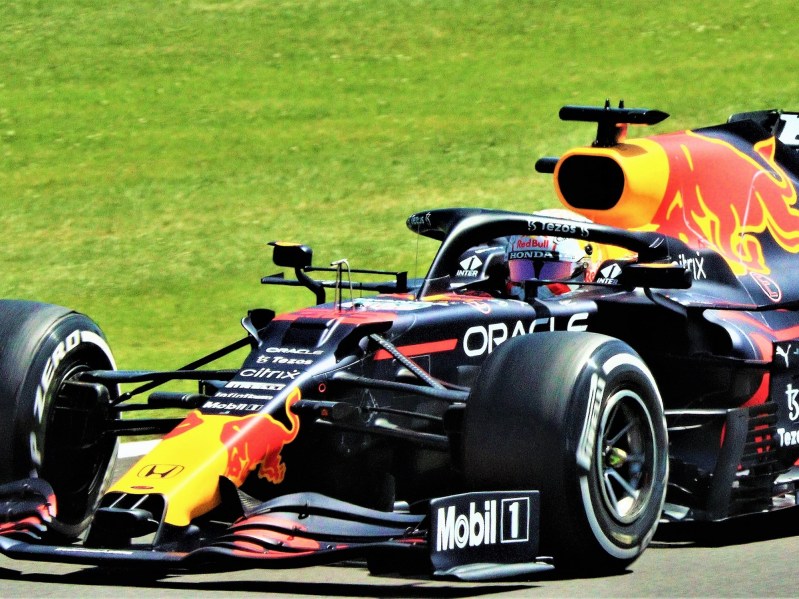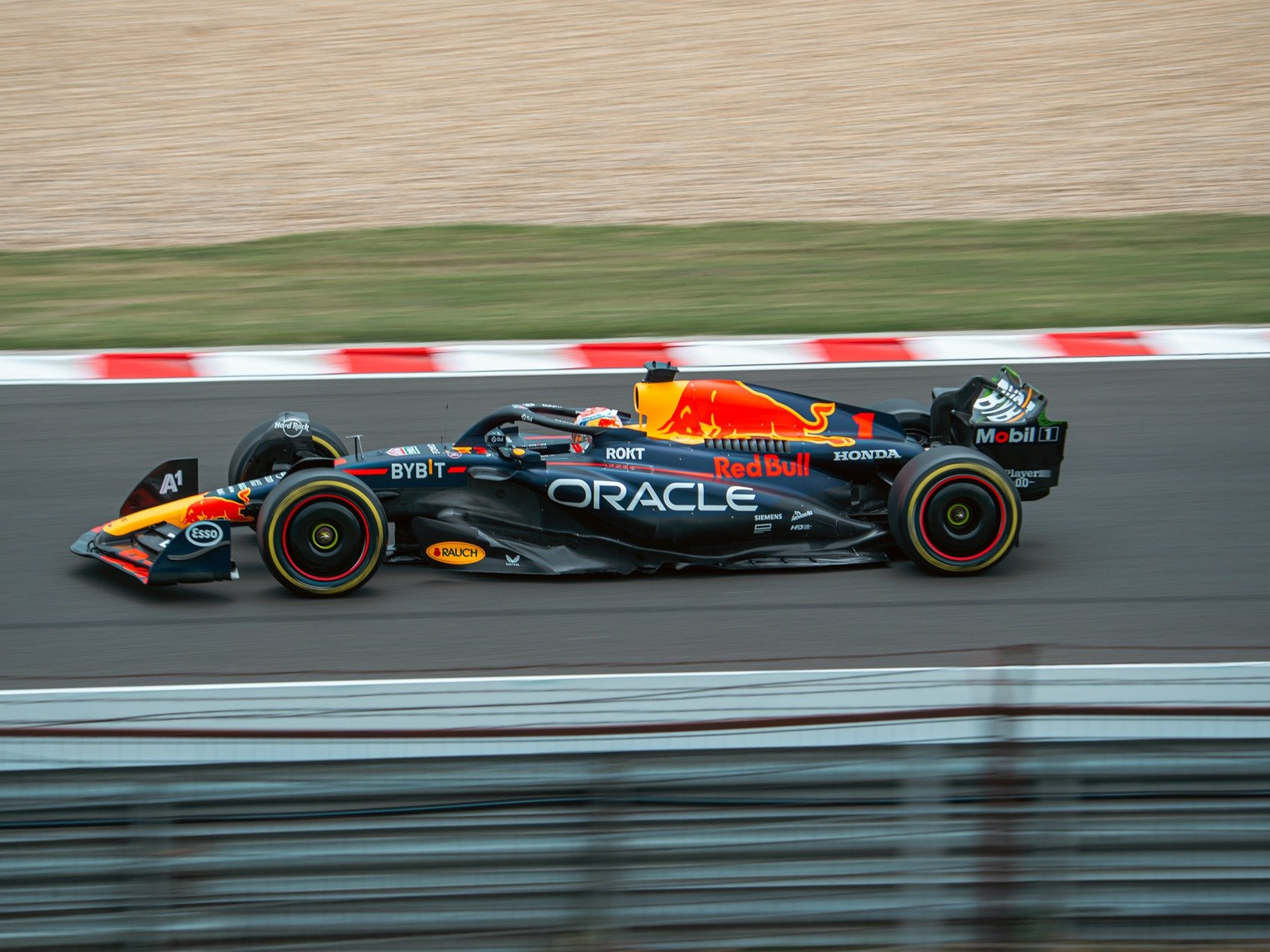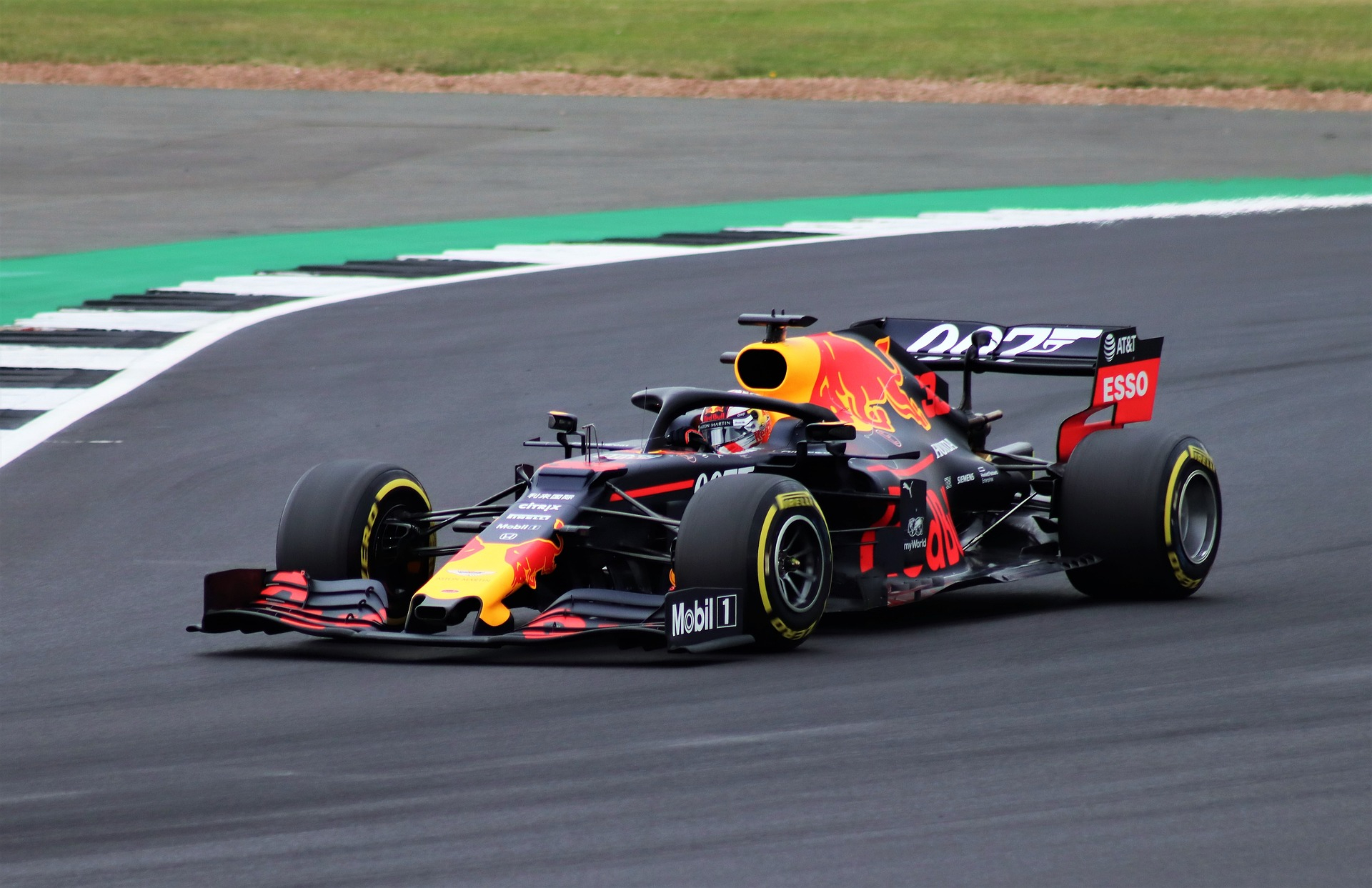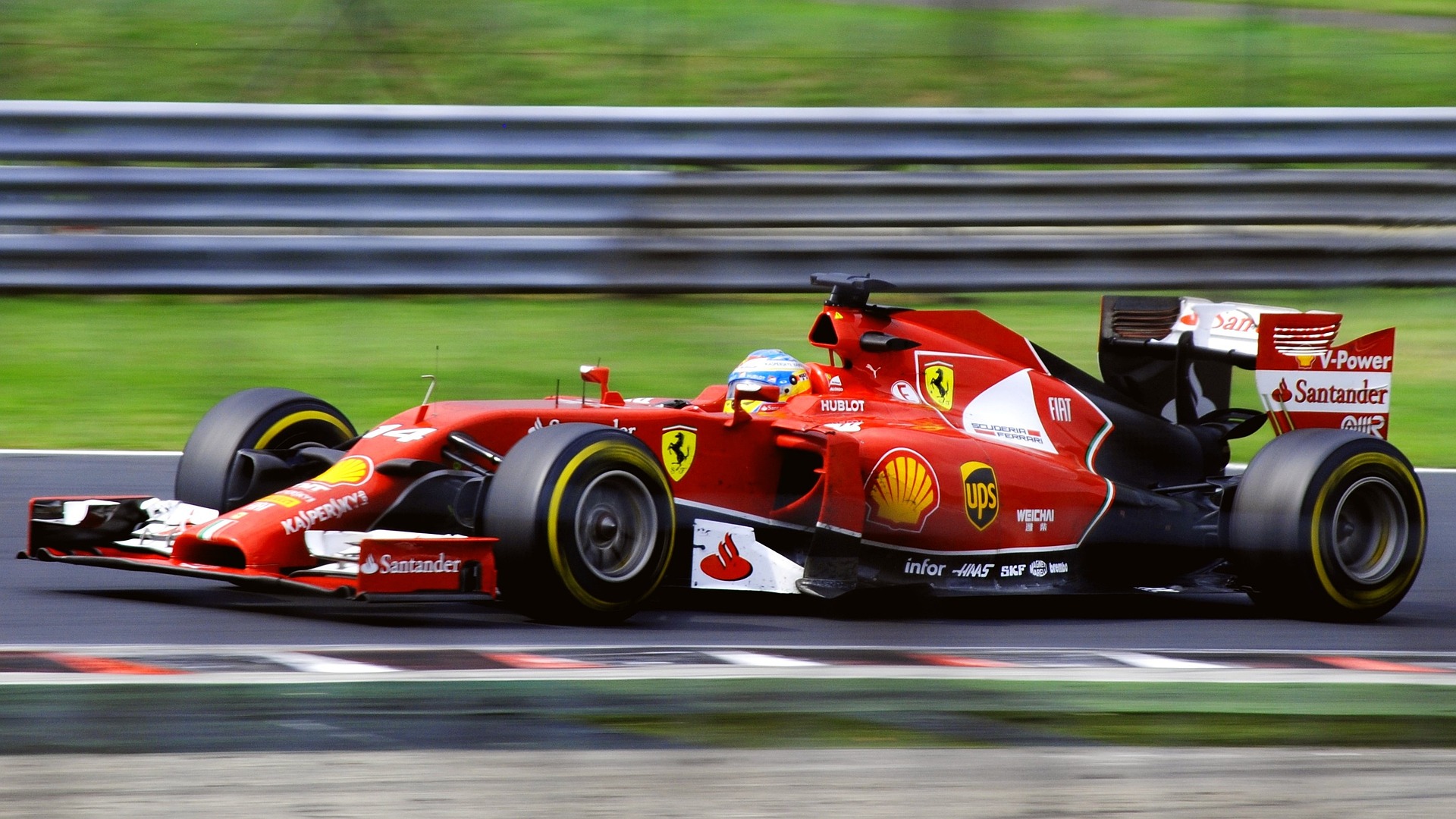
The 2024 F1 Grand Prix racing season has barely begun, but a recent F1 viewership poll by Race.com suggests fans are less enthusiastic now than before the season began. Citing nearly 150,000 votes, the poll results claim 61% of respondents voted they were less excited about the rest of the F1 season than during the pre-season, with only 7% more excited and 32% unchanged. More recent events might swing a new poll in the opposite direction.
According to the poll report, the most common reason for fan disenchantment was Red Bull’s Max Verstappen winning the first two races virtually unchallenged, continuing a winning phenomenon of the past two seasons. Well, Max didn’t win the third race, the Australian Grand Prix, on March 24. In fact, he didn’t even finish the race but retired the car when his right rear brake caught fire.
Why F1 viewership matters

F1 viewership is a big deal for the FIA, F1 itself, and its millions of fans worldwide. The Fédération Internationale de l’Automobile (FIA) is the governing body for Formula 1 and most major motorsports. F1 is considered the elite motorsport, the pinnacle of automotive competition. Because of F1’s position at the top of 240+ FIA-governed automotive competitions, if F1 loses its shine, that reflects on the FIA. One reason for the blowback is the voluminous yearly revisions of FIA F1 Technical, Sporting, and Financial Regulations that exist to keep Formula 1 racing competitive, safe, and fair.
Formula One Group, Liberty Media’s division that has owned F1 since 2017, also cares deeply about live spectators and TV viewership numbers. In 2023, the division realized $3.222 billion in F1 and F1-related revenue. The major sources of revenue for F1 are TV viewer deals and sponsorships. So, as much as the F1 organization loves the sport, finances are also in play, and viewership metrics matter.
Race 3 gives F1 viewers and fans a different outlook

Because the reported viewership poll took place so early in the season, with just two races eliciting such strong feelings, the third race may have significantly affected how viewers feel about the rest of the season. Here’s why, starting with a brief background.
Red Bull’s Max Verstappen won the F1 World Driver Championship in 2021, 2022, and 2023. Red Bull also brought home the World Constructor Championship all three years. F1 teams compete for the Constructor’s Championship with Driver Championship points from both team drivers in the reasonably complex F1 Championship points system. With Verstappen’s field-leading point totals in 2021 through 2023 and the points from fellow Red Bull driver Sergio Perez — who scored in fourth place in 2021, third in 2022, and second in 2023, Red Bull won the Constructor’s Championship, which brings monetary rewards measured in nine figures.
Verstappen’s Championship winning streak is not unique in F1, although winning 19 of 22 contests in 2023 set a record. Mercedes driver Lewis Hamilton is currently tied for the most World Championships with seven titles and is striving his teighth title, which will be the world record for F1. Next year, Lewis Hamilton leaves Mercedes to drive for Ferrari.
Verstappen isn’t the only F1 driver to watch

Fans had more to comprehend about the Australian Grand Prix than Max Verstappen’s early retirement in the race. The race winner was Carlos Sainz for Ferrari. Sainz had emergency appendix surgery just two weeks before the race. Sainz’s participation in Sunday’s contest wasn’t sure until the lights went out to start the race.
If Red Bull’s Perez had taken over for Verstappen and easily won the race, perhaps the concern about Red Bull dominance might have continued to hold as strong, but Ferrari took the first two spots, and McLaren drivers placed third and fourth. Perez was at P5, the fifth position at the race finish. In sum, Verstappen didn’t win, and Red Bull didn’t have a driver on the winners’ podium because only the three top finishing drivers got to spray champagne at each other and the assembled crowd.
There are more stories to excite viewers about the drivers and teams of F1 2024, in addition to Max Verstappen and Red Bull.



